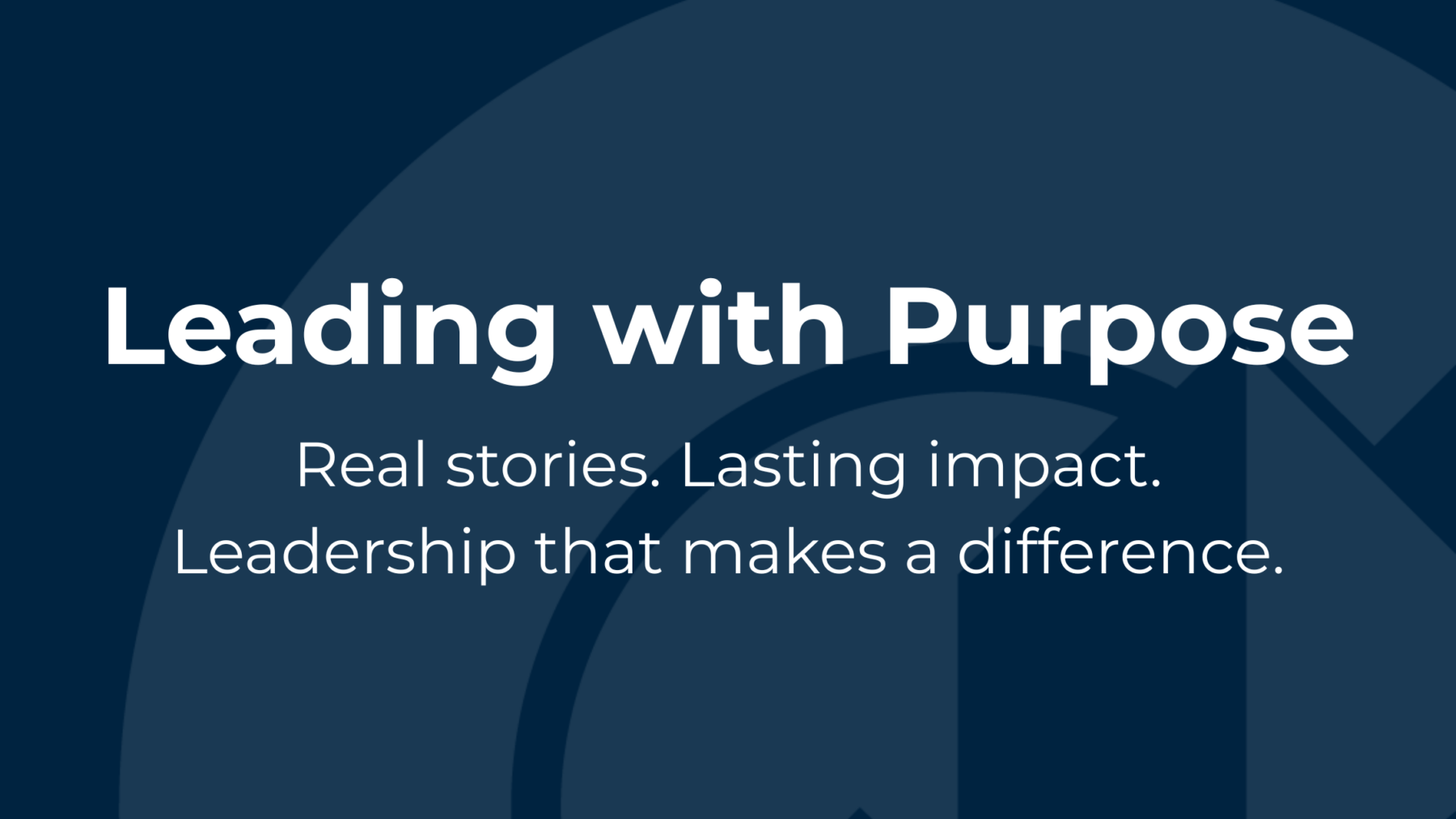The rulemaking process occurs when state agencies take broad policies passed by the legislature or voters and operationalize them. While it may not be the most exciting part of the policy process, it's important. The decisions made during rulemaking affect the cost and ease with which you run your business.
In recent years, we've seen the legislature delegate more and more decision-making authority to unelected staffers with little to no constituent oversight. Our staff works to participate in this process on behalf of our members, and we have seen some important updates from the rulemaking process in several issues we've been following.
Colorado Data Privacy
What is it?
In 2021, Governor Polis signed Senate Bill 21-190 (Protect Personal Data Privacy) establishing the Colorado Privacy Act (CPA). The CPA is part of the State of Colorado’s Consumer Protection Act. The Attorney General’s Office has been overseeing the rulemaking process for the CPA and the draft rules were officially published by the Secretary of State on Oct. 10, 2022. The Attorney General’s Office has scheduled a series of stakeholder sessions over the course of November.
Who does it apply to?
The CPA will impact businesses that interact with Colorado consumers. Businesses and non-profits that control or process the data of at least 100,000 consumers per calendar year or derive revenue from the sale of personal data and control or process the personal data of at least 25,000 consumers will be subject to these rules and aren’t already subject to compliance under the Gramm-Leach-Bliley Act or FERPA.
Why does this matter?
Qualifying businesses will be required to bring their data management and consumer interactions into compliance with the new rules. There are several new requirements for qualifying businesses, however some important ones to mention are requirements to:
- Provide a clear personal data use opt-out method
- Provide a clear privacy notice
- Provide consumers with all the specific pieces of their personal data it has collected and maintained upon the consumer’s request
- Comply with a consumer’s data deletion request
- Secure personal consumer data and perform routine data protection assessments
To comply with these new requirements, businesses will need to review their existing data management processes, review their targeted advertising practices, and check that they have the mandated technical infrastructure. In other words, it’s time to update your website.
What now?
The rules are now available for public comment. That means that anyone interested in the rules, their specific requirements or what it will take to implement them for businesses has an opportunity to chime in before they’re official. Anyone is welcome to present at the rulemaking hearing, submit written comments, and provide verbal comments at one or more stakeholder meetings, all of which can be done at the on the CPA webpage.
The rules that are adopted in this process will go into effect July 1, 2023 and businesses in Colorado will be expected to comply.
To learn more about the Colorado Privacy Act, you can go to the CPA webpage.
Colorado Public Option
What is it?
Established through House Bill 21-1232, the Colorado Option is a quasi-public health insurance program that’s been a priority of the administration of Governor Jared Polis. The Colorado Option was designed to “improve access, affordability, and racial health equity for consumers purchasing health insurance in the individual and small group markets.”
Who does it apply to?
Starting in 2023, the Colorado Option will be available to all Coloradans who buy their health insurance on the individual market (i.e. not from an employer) and small employers with less than 100 employees. Health insurance plans are required to lower premiums on Colorado Option plans for individuals, families and small businesses by 15% by 2025.
Why does it matter?
This year is the first time consumers will have the chance to buy a plan through the Colorado Option.
To learn more, you can access the state released FAQ or view the timeline and key dates for the Colorado Option.
FAMLI Paid Leave
What is it?
In November 2020, Colorado voters approved a mandatory, state-administered paid family and medical leave insurance program, making it the 11th state to do so. The program will cover paid leave for a variety of medical and family care reasons. With the new law's gradual implementation set for 2023 and 2024, it is time for Colorado employers to analyze their coverage and choices under the law, and prepare to initiate payroll deductions, even if a private employer plans to apply for an exemption to “opt out” from FAMLI.
When?
Premiums will begin Jan. 1, 2023 and benefits begin in 2024.
Rulemaking is under way, and we expect ongoing changes to requirements and guidance over the next six months or more.
Who does this include?
Virtually all employers with employees in Colorado are covered, including part-time and seasonal workers. Exceptions include:
- Employers with nine or fewer employees, who do not have to pay the employer portion of the premium
- Local governments who vote to opt out
- Employers who provide their own plans.
Local government employees may opt in and pay the employee share; as may self-employed individuals.
How much will this cost?
0.9% of an employee’s pay, split between the employee and employer
What do businesses have to do?
Most employers will need to update their leave policies to integrate FAMLI, and they are required to provide employees with a detailed notice of the benefits and administration no later than 30 days prior to the plan’s implementation.
All covered employers must register with the state through a system the state plans to soft launch in the fourth quarter of 2022. Staff did a demonstration at the last monthly FAMLI stakeholder meeting.
All employers must collect premiums beginning Jan. 1, 2023, and submit them to the Division every quarter.
What about private plan exemptions?
Private companies will be required to pay the premium in 2023 even if they plan to offer a private plan and seek an exemption. In a recent webinar, the Division noted that employers who are confident that they will obtain a private plan in 2024 need not withhold deductions from employees’ paychecks for the 2023 premiums. Applications for private plans must be received by Oct. 31, 2023, in order to receive a 2023 refund through a mechanism that the State will develop within the future.
Companies must pay a $1,200 administrative fee through 2024 for State review of a private plan.
Private plans must either be through an insurance carrier, or, if self-funded, employers must purchase a surety bond equivalent to one year of total premiums
Adopted rules:
- Benefits and employer participation
- Premiums
- Local governments
Rules that have not been drafted:
- Private plan exemptions (hearing was Oct. 17)
- Coordination of benefits, such as workers' compensation, short and long-term disability, and unemployment insurance (hearing is Nov. 1)
What’s the difference between FAMLI (Colorado) and FMLA (federal)?
FAMLI leave runs concurrently with FMLA if the reason for leave is covered by both. Colorado’s law covers more people, for more reasons, with a lower threshold for eligibility. The State is seeking guidance from the Department of Labor on how to handle eligible leave that would not run concurrently with FMLA, potentially leaving employers with extended vacancies.
The Chamber's government affairs staff is attending monthly FAMLI stakeholder meetings and will keep members updated. Learn more and stay up to date on stakeholder meetings at the FAMLI website.
Join Our Advocacy Network!
We work to keep our members informed about impactful policy and create opportunities for them to take a stance. However, in today's political and policy climate, it is important to show lawmakers the people behind the businesses they are affecting.
In addition to policy email updates, the Chamber has a new action platform that allows the unique voices of the business community to be heard across the state.
Sign-up to join our advocacy network to help us promote investment, job creation and a competitive business climate in Colorado and the Metro Denver region.



